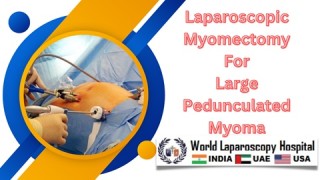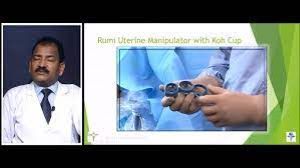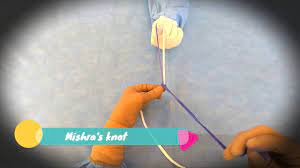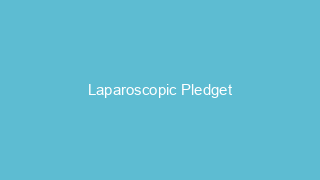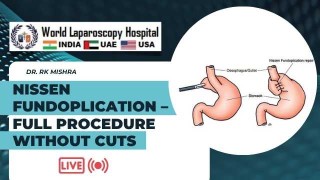Recurrent Abdominal Hernia: Laparoscopic TAPP Mesh Repair Simplified
Add to
Share
118 views
Report
3 weeks ago
Description
Recurrent abdominal hernias pose a significant surgical challenge due to dense adhesions, distorted anatomy, and previous mesh placements. At World Laparoscopy Hospital (WLH), one of the most advanced centers of excellence in minimal access surgery, surgeons have mastered the art of performing Laparoscopic Transabdominal Preperitoneal (TAPP) Repair for such complex recurrent hernias with remarkable precision and safety. The TAPP technique allows direct visualization of the entire myopectineal orifice, enabling surgeons to identify recurrence sites, dissect previous mesh materials if necessary, and place a new mesh in the preperitoneal space for strong and lasting repair. Using high-definition 4K laparoscopic systems and advanced energy devices, WLH surgeons perform meticulous dissection while minimizing tissue trauma and postoperative pain. A major advantage of the laparoscopic TAPP approach is its ability to treat recurrent hernias through a completely new anatomical plane, avoiding previously scarred or operated layers. This results in fewer complications, reduced hospital stay, and quicker recovery compared to open reoperations. At WLH, every case is planned using digital imaging and 3D mapping to ensure optimal mesh size and placement, enhancing surgical outcomes and preventing future recurrences. The World Laparoscopy Hospital team, under the leadership of Dr. R. K. Mishra, integrates decades of experience with innovative techniques in laparoscopic hernia repair. The hospital also serves as a premier international training center where surgeons from over 138 countries learn and refine their skills in minimal access surgery, witnessing such complex TAPP repairs firsthand. In essence, Laparoscopic TAPP Repair for Recurrent Abdominal Hernia at World Laparoscopy Hospital represents the perfect synergy of technology, technique, and training. Patients benefit from minimal scars, faster recovery, and durable repair, while surgeons gain exposure to world-class standards in minimally invasive hernia surgery — setting a global benchmark in safe, effective, and modern hernia management.
Similar Videos

